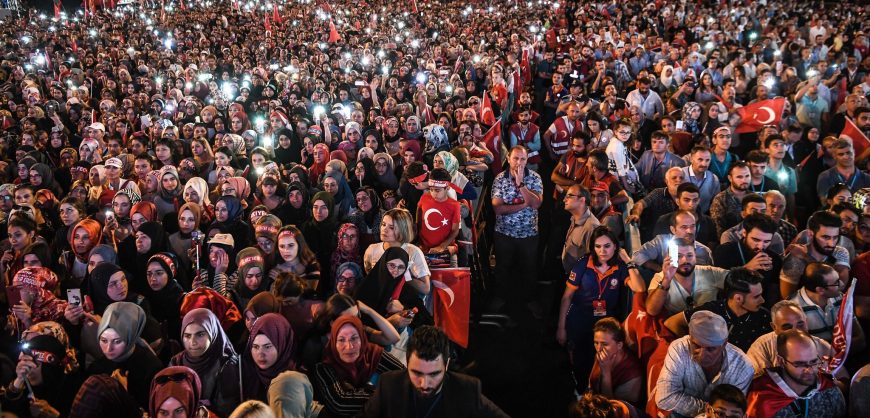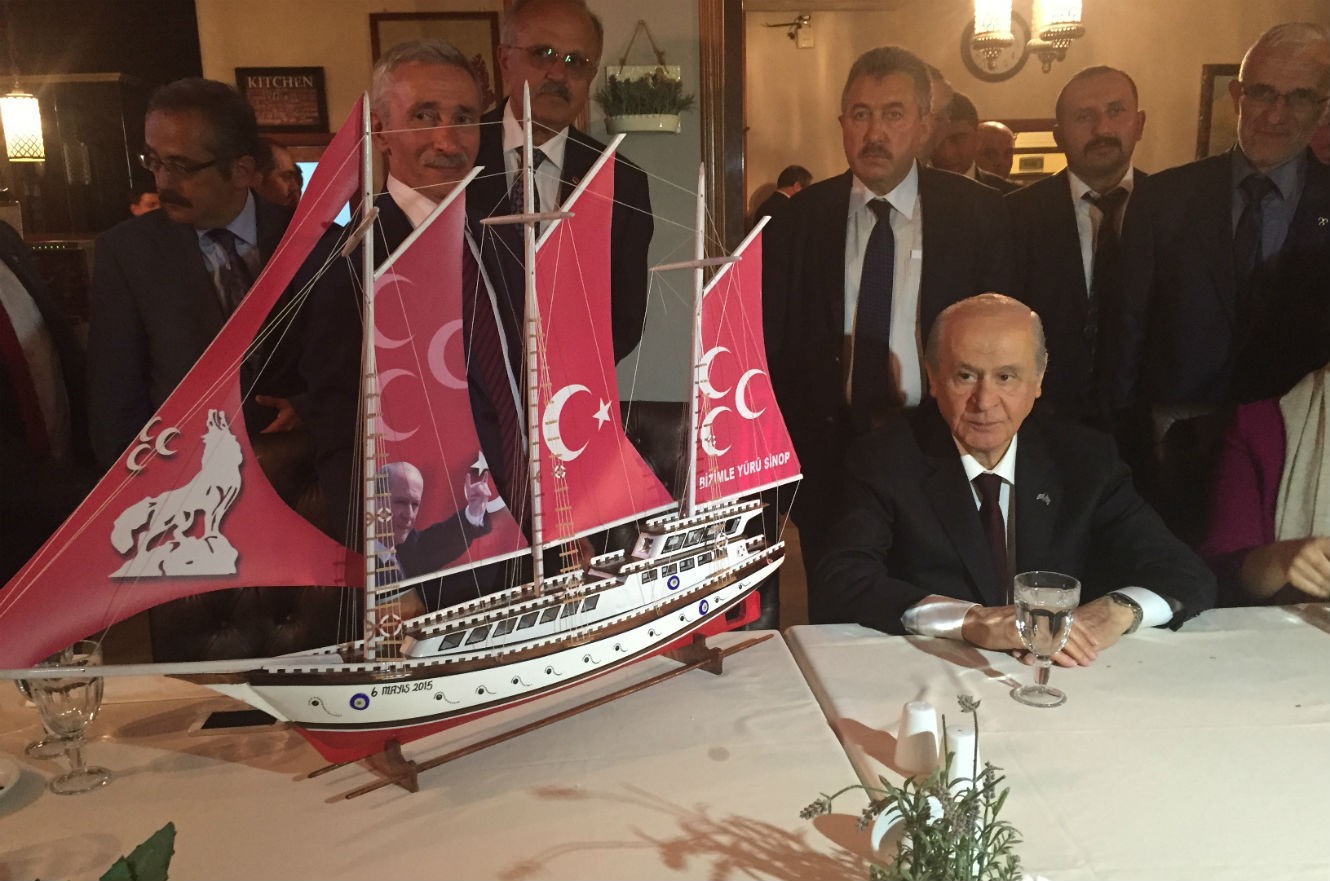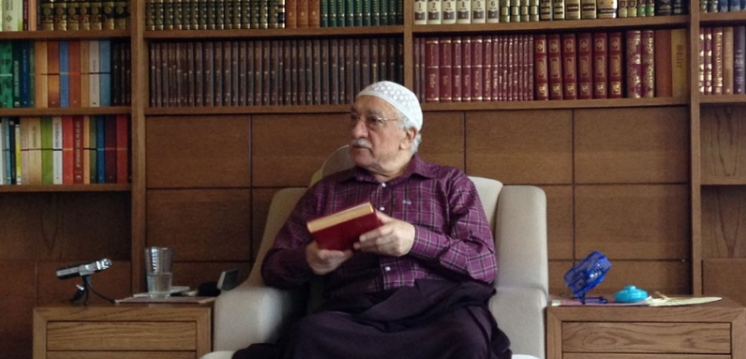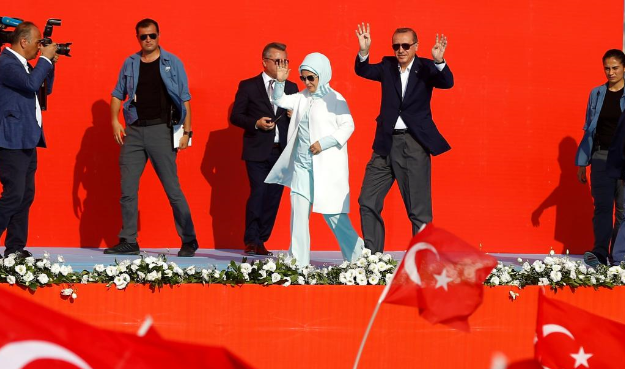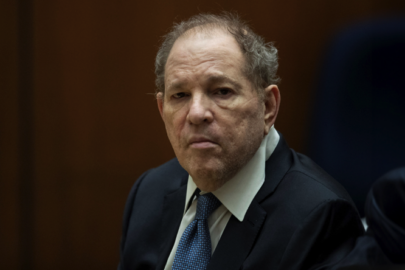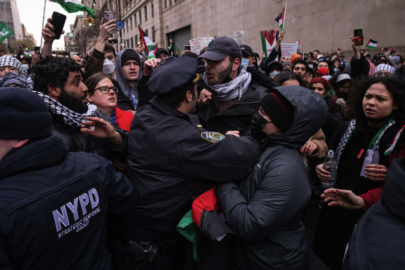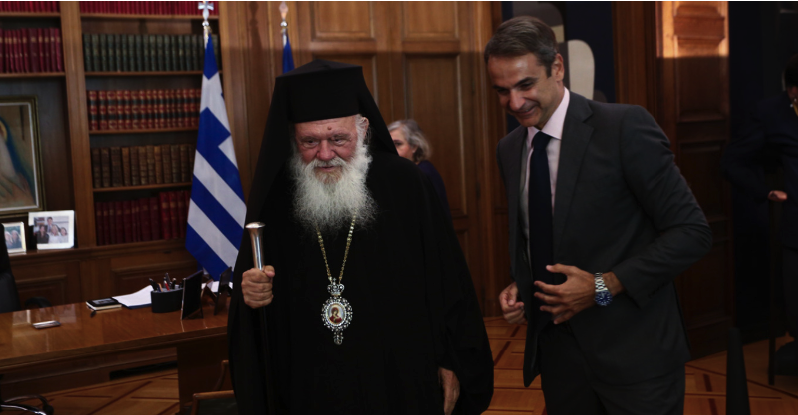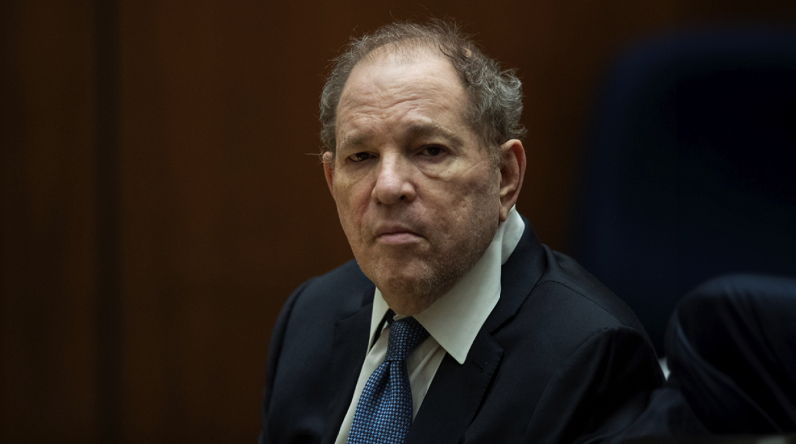For 17 years, President Recep Tayyip Erdogan won elections by offering voters a vision of restoring the glories of Turkey’s Ottoman past. He extended his country’s influence with increased trade and military deployments, and he raised living standards with years of unbroken economic growth.
But after a failed 2016 coup, Mr. Erdogan embarked on a sweeping crackdown. Last year, the economy wobbled and the lira plunged soon after he won re-election with even greater powers. As cronyism and authoritarianism seep deeper into his administration, Turks are voting differently — this time with their feet.
They are leaving the country in droves and taking talent and capital with them in a way that indicates a broad and alarming loss of confidence in Mr. Erdogan’s vision, according to government statistics and analysts.
In the last two to three years, not only have students and academics fled the country, but also entrepreneurs, businesspeople, and thousands of wealthy individuals who are selling everything and moving their families and their money abroad.
More than a quarter of a million Turks emigrated in 2017, according to the Turkish Institute of Statistics, an increase of 42 percent over 2016, when nearly 178,000 citizens left the country.
Turkey has seen waves of students and teachers leave before, but this exodus looks like a more permanent reordering of the society and threatens to set Turkey back decades, said Ibrahim Sirkeci, director of transnational studies at Regent’s University in London, and other analysts.
“The brain drain is real,” Mr. Sirkeci said.
The flight of people, talent and capital is being driven by a powerful combination of factors that have come to define life under Mr. Erdogan and that his opponents increasingly despair is here to stay.
They include fear of political persecution, terrorism, a deepening distrust of the judiciary and the arbitrariness of the rule of law, and a deteriorating business climate, accelerated by worries that Mr. Erdogan is unsoundly manipulating management of the economy to benefit himself and his inner circle.
The result is that, for the first time since the republic was founded nearly a century ago, many from the old moneyed class, in particular the secular elite who have dominated Turkey’s cultural and business life for decades, are moving away and the new rich close to Mr. Erdogan and his governing party are taking their place.
One of those leaving is Merve Bayindir, 38, who is relocating to London after becoming Turkey’s go-to hat designer in the fashionable Nisantasi district of Istanbul.
“We are selling everything,” she said in an interview during a return trip to Istanbul last month to close what was left of her business, MerveBayindir, which she runs with her mother, and to sell their four-story house.
Ms. Bayindir was an active participant in the 2013 protests against the government’s attempt to develop Taksim Square in Istanbul. She said she remains traumatized by the violence and fearful in her own city.
Mr. Erdogan denounced the protesters as delinquents and after enduring arrests and harassment many have left the country.
“There is so much discrimination, not only cultural but personal, the anger, the violence is impossible to handle,” Ms. Bayindir said. “If you had something better and you see it dissolving, it’s a hopeless road.”
Thousands of Turks like her have applied for business visas in Britain or for golden visa programs in Greece, Portugal and Spain, which grant immigrants residency if they buy property at a certain level.
Applications for asylum in Europe by Turks have also multiplied in the last three years, according to Mr. Sirkeci, who has studied the migration of Turks to Britain for 25 years.
He estimates that 10,000 Turks have made use of a business visa plan to move to Britain in the last few years, with a sharp jump in applications since the beginning of 2016. That is double the number from 2004 to 2015.
Applications by Turkish citizens for political asylum also jumped threefold in Britain in the six months after the coup attempt, and sixfold among Turks applying for asylum in Germany, he said, citing figures obtained from the United Nations refugee agency. The number of Turks applying for asylum worldwide jumped by 10,000 in 2017 to more than 33,000.
A large proportion of those fleeing have been followers of Fethullah Gulen, the Pennsylvania-based preacher who is charged with instigating the 2016 coup, or people accused of being followers, often on flimsy evidence.
Tens of thousands of teachers and academics were purged from their jobs after the coup, including hundreds who had signed a peace petition calling on the government to cease military action in Kurdish cities and return to the peace process. Hundreds have taken up posts abroad.
Mr. Erdogan has tried to make Turkey more conservative and religious, with a growing middle class and a tight circle of elites who are especially beholden to him for their economic success.
The flight of capital and talent is the result of this conscious effort by Mr. Erdogan to transform the society, said Bekir Agirdir, director of the Konda polling company.
With the help of subsidies and favorable contracts, the government has helped new businesses to emerge, and they are rapidly replacing the old ones, he said. “There is a transfer of capital underway,” he said. “It is social and political engineering.”
Read more HERE

